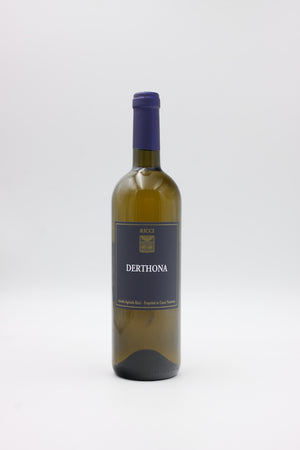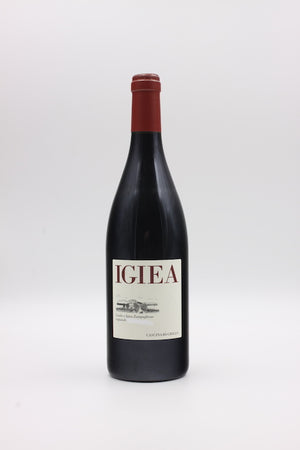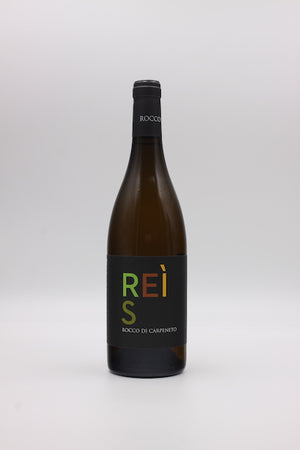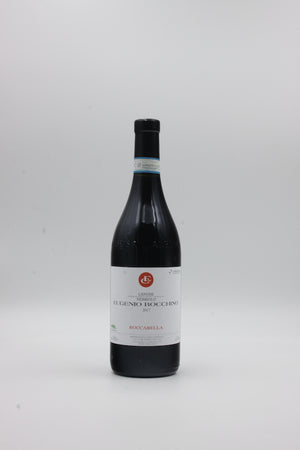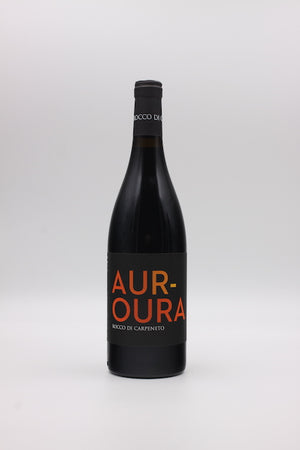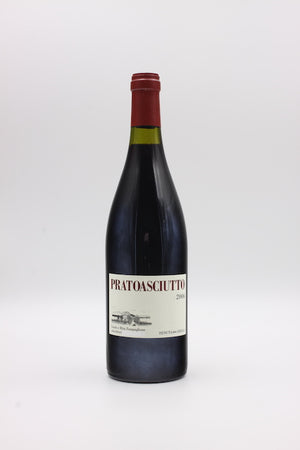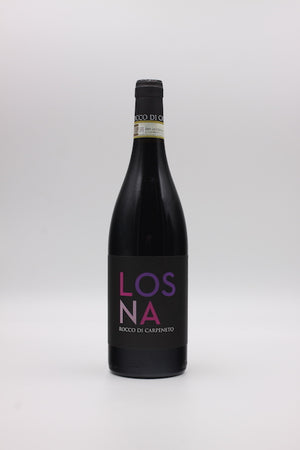- Home
- Wines from Piedmont
- Daniele Ricci: San Leto Blu 2019


Daniele Ricci: San Leto Blu 2019
- €26,90
San Leto Blu by Daniele Ricci: A Timorasso Crafted with Mastery and Precision
Daniele Ricci once remarked that working alone in Timorasso vineyards is often best. The variety is so complex to cultivate that experience and intimate knowledge of each vine’s quirks are invaluable.
Today, while his well-trained son Mattia frequently assists, the care of approximately 30,000 Timorasso vines largely remains Daniele’s domain. Few understand Timorasso as deeply as he does, with its vigorous growth, puzzlingly early ripening, and susceptibility to botrytis. Year after year, Daniele’s solutions to these challenges can be tasted in San Leto Blu, a true testament to his expertise.
The grapes for San Leto Blu are harvested late from a vineyard planted in the late 1980s. They undergo a three-day maceration during which the cap remains undisturbed to avoid excessive tannin extraction. After pressing, the wine matures for a year in acacia barrels and then spends two further years in the bottle, unfiltered, before release.
Style
The late harvest and subsequent maceration create a complex yet harmonious aroma profile. The acidity is vibrant but never aggressive, and the tannins are soft and fine. The texture is creamy, juicy, and smooth—evoking comparisons to Alsatian Rieslings, though San Leto Blu offers a more pronounced acidity that provides clear direction. The finish is long, compact, and focused, marked by yellow fruits, stone, and herbal notes.
Technical Sheet
- Grape Variety: 100% Timorasso
- Vineyard: San Leto
- Harvest: By hand
- Fermentation: Spontaneous with wild yeasts; three-day maceration without breaking the cap
- Aging: 1 year in used acacia barrels, 2 years in the bottle
- Filtration: None
- SO₂: <50 mg/l
- Alcohol Content: 14% vol
- Closure: Natural cork
- Serving Temperature: 10–12 °C (50–54 °F)
- Optimal Drinking Window: Now–2030
- Content and Price per Liter: 0.75 l (€33.62/l)
- Bottle Size: 0.75 l
All winemakers listed with Vinonudo use compost, organic fertilizers, and natural preparations in their vineyards, avoiding the use of herbicides, pesticides, and synthetic fertilizers.
Similar Products
Newsletter
Who knows more, tastes more. Once a week there is news about our wines, winegrowers and events.
© 2025 vinonudo | Shopify Theme by Mile High Themes | Powered by Shopify
